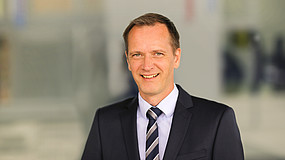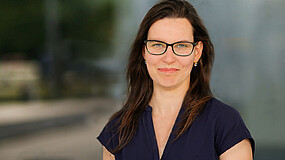20th anniversary of the conference was celebrated in Liberec
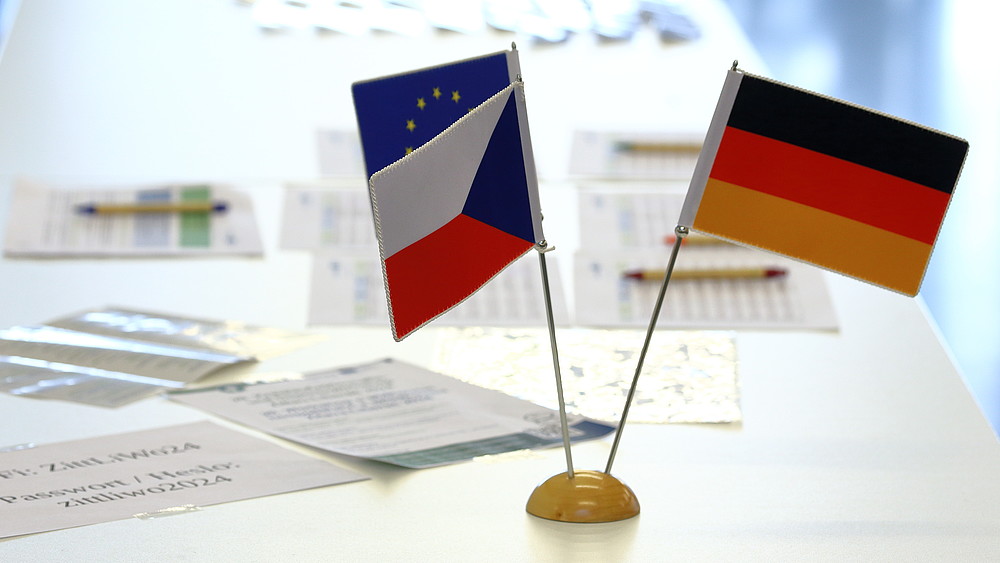
The 20th Circular Economy and Landfill Workshop Liberec-Zittau 2024, which took place on October 29 and 30 in Liberec, in the auditorium of the TU Liberec, covered a wide range of the circular economy and ranged from biowaste, textile and plastic recycling to water pollution control and soil remediation.
The workshop was jointly organized by the NTI of the Technical University of Liberec and the ZIRKON of the Zittau/Görlitz University of Applied Sciences.
This lecture and expert discussion event is the result of many years of in-depth cooperation between the two universities across national borders and was held in German and Czech with simultaneous translation.
Doc. Inf. Jan Šembera, Ph.D. from the TU Liberec opened the 20th Circular Economy and Landfill Workshop and was delighted to welcome German and Czech guests to the anniversary of the conference in the auditorium of the TU Liberec.

After intensive joint preparation, we are looking forward to numerous presentations in which we will be addressing a number of new topics this year. I wish us good success, intensive discussions and a cooperative partnership.
”This year's workshop covered the usual topics such as legal aspects of waste management, landfilling, waste separation and recycling. The main topic was biowaste and the use of agricultural residues. A completely new topic in the program was ESG (Environmental Social Governance), so that the audience could also learn about the economic aspects of the circular economy. The presentations were given by German, Czech and Slovakian speakers. A total of 86 participants took part in this year's event, 52 of them from Germany. Representatives from a total of 17 companies, 13 of them from Germany, were welcomed.
The Circular Economy and Landfill Workshop is characterized by its interdisciplinary approach . It brings together perspectives from authorities and research. Plant operators and waste producers come together to discuss and exchange views on problems that require joint processing and solutions. Particular attention is paid to the legal aspects. Whether country-specific landfill and contaminated site regulations or EU law with its scope of application for both countries - the aim is to compare and contrast the engineering view with the legal view. Added to this are political decisions such as the Green Deal, which must be implemented. In addition, the renaming of the workshop as the Circular Economy and Landfill Workshop also extends it to include recycling and plant engineering.
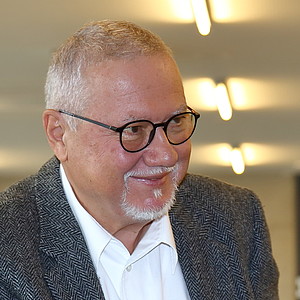
It is a great pleasure and honor for me to be here today to celebrate the 20th anniversary of our German-Czech partnership of the circular economy and landfill workshop. I would like to thank everyone who has made this cooperation possible and supported it. I look forward to continuing the series of events under the familiar name and with new faces.
”The idea of the "landfill workshop" was born somewhat as a "defiant reaction" to the view that we could manage without waste disposal sites in the future. There were many unanswered questions in this area and even more to tackle. The first years of the conference were characterized by the topics surrounding the construction, operation and aftercare of landfills. The conference provided an opportunity for administrative staff, political decision-makers and contractors to engage in intensive discussions on limit values, measurement methods and construction methods for sealing.
In recent years, the topics of recycling in material flows have become increasingly present, so that the name was changed to "Circular Economy and Landfill Technology Workshop" to reflect these issues in the title. The better materials can be used again and again, the more the composition of what has to be landfilled changes.
We can look back on two decades in which we have achieved considerable progress through close cooperation, intensive exchange and many joint projects. In addition to various conference formats, we were also able to test and establish a digital conference format during the pandemic. Our partnership has not only contributed to the modernization and further development of landfill technologies, but has also played a key role in promoting a more sustainable circular economy in both countries. Today's standards are the result of hard work and deep commitment on both sides.
Today, we not only look back with pride, but also look to the future with confidence and ambition. The challenges of climate change and resource scarcity demand that we continue and deepen our chosen path. Together, we can develop solutions that further reduce our countries' ecological footprint.
"Defiance has become tradition."
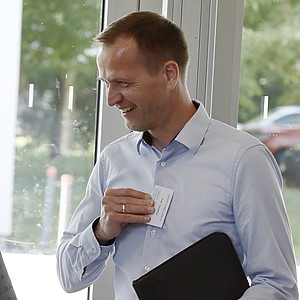
After two days of interesting presentations, lively discussions and pleasant encounters, I would like to thank Prof. Šembera and the project team for organizing this year's workshop. I am delighted to be able to announce the 21st Circular Economy and Landfill Workshop 2025 in Zittau today.
”We would like to thank everyone who contributed to the success of the workshop on and behind the stage. Special thanks go to the interpreters, who did a great job!
Photos: HSZG ZIRKON (Thomas Krause)
